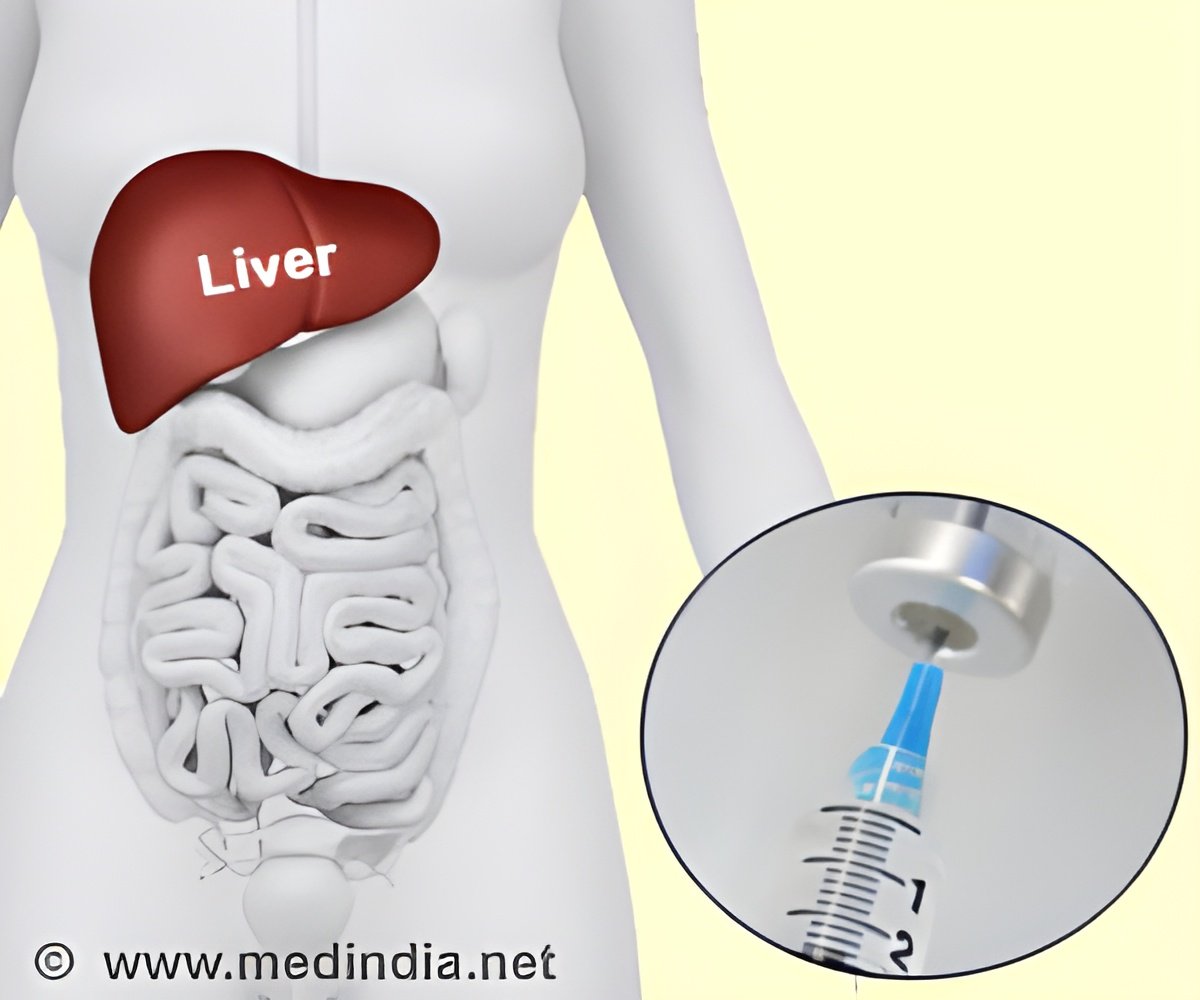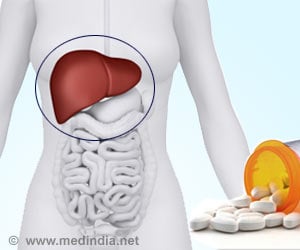The risk of hepatitis C associated serious liver disease still remains a problem in HIV patients who otherwise benefit from antiretrovial therapy to treat HIV, reveal a new study.

The study, published in the March 18 issue of Annals of Internal Medicine, examined electronic medical record data of 4,280 patients infected with both HIV and chronic hepatitis C virus who were receiving ART, and 6,079 hepatitis C-only patients receiving care between 1997 and 2010.
It found that the HIV/hepatitis C-co-infected patients had an 80 percent higher rate of decompensated cirrhosis than hepatitis C-only patients. Even when co-infected patients had controlled HIV virus in response to ART, they still had a 60 percent higher rate of serious liver disease compared to those with hepatitis C alone.
"Our results suggest that serious consideration should be given to initiating hepatitis C treatment in patients co-infected with HIV and hepatitis C—particularly among those with advanced liver fibrosis or cirrhosis—in order to try to reduce the risk of serious, potentially life-threatening liver complications," said the study's lead author, Vincent Lo Re III, MD, MSCE, assistant professor of Medicine and Epidemiology in the division of Infectious Diseases and department of Biostatistics and Epidemiology at Penn, and an investigator in the Penn Center for AIDS Research. "By taking action sooner, we may be able to reduce the risk of advanced liver disease in co-infected patients."
This Penn-led study is the largest comparison to date of liver-related complications between antiretroviral-treated HIV/hepatitis C- co-infected patients and those with hepatitis C-alone.
Hepatitis C is a treacherous infection of the liver that can remain clinically dormant for years. The U.S. Centers for Disease Control and Prevention has reported that hepatitis C is the leading cause of cirrhosis, liver cancer, and the need for liver transplants in the nation. It is spread through contact with infected blood. Health experts estimate that more Americans die from it each year than HIV. Co-infection with hepatitis C occurs in 20-30 percent of patients with HIV infection, likely due to a shared route of infection.
Advertisement
The authors also found that rates of decompensation were higher for co-infected patients with advanced liver fibrosis, severe anemia, diabetes, and non-black race.
Advertisement















